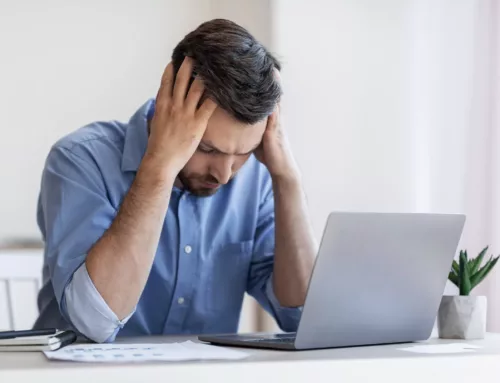Can I keep my home after filing Chapter 13 bankruptcy?
It is possible to avoid foreclosure and keep your home if you have filed bankruptcy under Chapter 13. Under this type of bankruptcy, debtors are given a period of time wherein debts are to be paid off. The duration of the repayment plan varies per bankruptcy case since it is based on your current income and takes into consideration your ability to meet the requirements for your debt-repayment.
If you are behind on your mortgages and need time to catch up on your payments, Chapter 13 bankruptcy filing may be the best way for you to avoid foreclosing on your home. To know whether filing bankruptcy under Chapter 13 is the best option for you, get in touch with a bankruptcy attorney.
Keep in mind that you are still required to pay off your current mortgage payments even while you repay missed payments, called arrearage, to your debt collectors or bankruptcy trustee. As long as you are able to make all of the required payments until the end of the repayment plan, creditors cannot repossess your property and you will be able to keep your home.
Will filing for bankruptcy affect foreclosure proceedings?
Once you fill out the forms and file for bankruptcy, the automatic stay comes into effect. This injunction requires that all foreclosure proceedings halt until a repayment plan has been approved by the court. As long as your plan includes provisions to pay for your mortgage arrears, debtors cannot foreclose on your house.
If no such provisions are included, then foreclosure proceedings will resume upon court approval of your repayment plan. You can still continue to live in your home as you will be given a reprieve from foreclosure for several months, and the confirmation process can lengthen the respite as bankruptcy judges allow several chances to propose a repayment plan that is feasible for you.
There is an exception to the stay’s effect on foreclosure proceedings. If you have filed an earlier bankruptcy Chapter 13 petition within the last two years, and that resulted with the automatic stay being lifted at the request of the party seeking foreclosure, then filing for bankruptcy under Chapter 13 won’t be able to stop these proceedings. This prevents filers from submitting a series of bankruptcy filings simply to delay foreclosure.
If you need assistance with bankruptcy forms, make sure to speak with a bankruptcy lawyer to ensure that your paperwork is in order.
What if I have second and third mortgages?
 It is also possible to have your second and third mortgages eliminated once you have filed bankruptcy. If your first mortgage is secured by the full value of your house, you may no longer have equity to secure later mortgages. If this is the case, the bankruptcy court may strip off the second and third mortgages and recategorize them as unsecured debts. In Chapter 13 bankruptcy law, unsecured debt is considered to be nonpriority, and typically does not need to be paid in full, if at all.
It is also possible to have your second and third mortgages eliminated once you have filed bankruptcy. If your first mortgage is secured by the full value of your house, you may no longer have equity to secure later mortgages. If this is the case, the bankruptcy court may strip off the second and third mortgages and recategorize them as unsecured debts. In Chapter 13 bankruptcy law, unsecured debt is considered to be nonpriority, and typically does not need to be paid in full, if at all.
Can lenders lift the automatic stay?
If the lender wishes to move forward with the foreclosure, they can file a motion of relief from the automatic stay to the bankruptcy court. You can oppose the motion once it is filed, but consult with a local attorney and check with your paperwork to verify how long you have to have the motion of relief be dismissed. If motion is not opposed or is approved by the court, the collector can resume the proceeding for repossession of your home.
Can I restructure mortgages to keep my home?
If the amount you owe is greater than the value of your property, then you are allowed by the court to modify loans secured by your property under Chapter 13 bankruptcy. This will reorganize your loans into secured and unsecured debts. A part of your debt equivalent to your property’s value is still considered secured debt, while the remaining amount owed is considered as unsecured debt (meaning you will have to pay less or none of it in your repayment plan since it is a nonpriority debt).
These are called cramdowns, and are only allowed if the mortgages or loans:
- are for multiunit buildings;
- are for other buildings or properties which are not part of your residence;
- are for mobile homes, which are considered personal property; or
- are not secured solely by your residence.
As such, mortgage cramdowns on your residence are generally not possible. In addition, even if the court crams down the loan, this will have to be paid off in its entirety through your Chapter 13 repayment plan.
Are you considering filing for bankruptcy? Getting legal professional advice is the best way to get started.
If you have questions regarding bankruptcy laws, you can call Phoenix Fresh Start Bankruptcy for legal help. Our experienced attorneys will be available to provide you more information on bankruptcy. Contact us for a free initial consultation.











